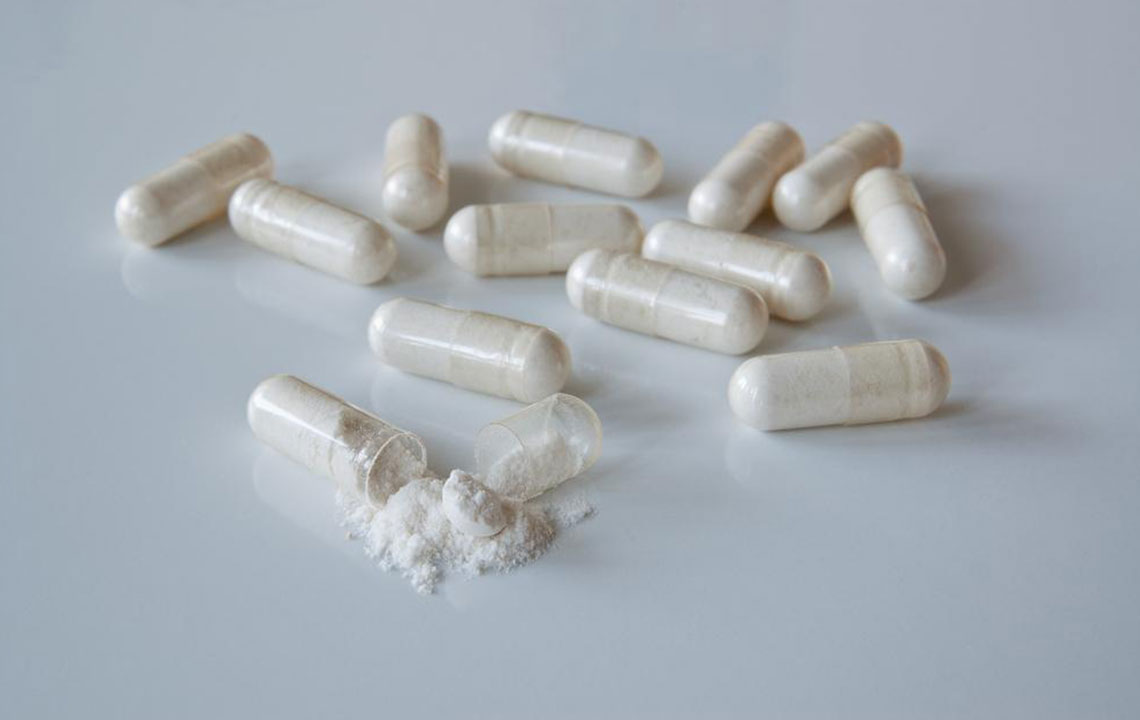Comprehensive Guide to the Possible Side Effects of Probiotics and How to Manage Them
Probiotics are widely used to improve gut health, but they can cause mild side effects during initial use. This comprehensive guide explains potential reactions like bloating, gas, and skin irritation, and provides effective management tips. Understanding how probiotics influence gut pH and flora helps users adapt safely. Starting with smaller doses, maintaining hydration, and choosing quality products can minimize discomfort. Always consult healthcare professionals before adding probiotics, especially if you have preexisting conditions. Empower your gut health journey with informed decisions and proper practices for optimal benefits.

Comprehensive Guide to the Possible Side Effects of Probiotics and How to Manage Them
Probiotics, often celebrated for their numerous health benefits, are live beneficial bacteria that, when consumed in adequate amounts, can significantly improve gut health, boost immunity, and enhance overall well-being. While they are generally safe for most people, like any supplement or natural remedy, probiotics can sometimes lead to side effects, especially during the initial phase of usage. Understanding these potential side effects, their causes, and effective management strategies is crucial for individuals seeking to optimize their health with probiotics.
Most healthy individuals tolerate probiotics well, experiencing no adverse effects or only mild, temporary symptoms. The minor reactions that some people encounter usually occur during the early days of starting probiotic supplementation. These symptoms are often indicative of the body's natural adjustment process as the gut flora begins to change and reestablish a healthier balance. Such adjustments are a positive sign that probiotics are actively working to displace harmful bacteria and promote beneficial microorganisms.
Nevertheless, it is important to recognize that certain individuals, particularly those with preexisting health conditions, weakened immune systems, or imbalanced gut flora with high levels of pathogenic bacteria, may experience more noticeable reactions. Common side effects reported include bloating, gas, diarrhea, skin irritations like rashes or acne, and mild gastrointestinal discomfort. These symptoms are usually transient and tend to subside within a couple of weeks as the intestine adapts to the new bacteria population.
Understanding why these side effects occur involves exploring the physiological changes that probiotics induce within the gut environment. The introduction of beneficial bacteria can temporarily alter the pH levels inside the gastrointestinal tract. Typically, the gut maintains a pH between 6.7 and 6.9, which is slightly acidic to neutral. When probiotics are introduced, they may temporarily lower the pH, creating a more acidic environment. This shift can encourage the growth of certain bacteria, including potentially pathogenic ones, especially if the existing microbial balance was previously disrupted by medications or water additives that increased alkalinity.
This transient imbalance usually results in symptoms such as gas, bloating, irregular bowel movements, or even mild skin reactions as the body adjusts. Some individuals notice increased flatulence or changes in stool consistency during this period. These reactions are normal and tend to improve as the beneficial bacteria establish themselves and outcompete harmful microorganisms. Incorporating fermented foods such as yogurt, kefir, sauerkraut, and buttermilk into your diet can support the growth of good bacteria and help mitigate these symptoms.
To minimize side effects while taking probiotics, consider starting with lower doses and gradually increasing them as your body adapts. Maintaining adequate hydration is also essential, as water helps facilitate the colonization of probiotics and alleviates symptoms like bloating or constipation. If symptoms worsen or persist beyond two weeks, reducing the probiotic dosage or consulting with a healthcare professional is advisable. Additionally, ensuring you select high-quality probiotic supplements with verified strains and appropriate CFU (colony-forming units) count can make a significant difference in both safety and effectiveness.
It is equally important to be aware of specific circumstances where probiotics may pose risks, such as in immunocompromised individuals or those with certain medical conditions. Always consult a healthcare provider before starting any new supplement, particularly if you have underlying health issues or are taking medication. While side effects are generally mild and manageable, personalized medical advice is essential for safe and effective use.
In summary, probiotics are a valuable tool for supporting gut health and immune function, but awareness of potential side effects assists in making informed decisions. Monitoring your body's response, maintaining good hydration, and choosing reputable products are key strategies to enjoy their benefits while minimizing discomfort. Remember that a gradual approach and professional guidance can help you harness the full health potential of probiotics with minimal risk.





